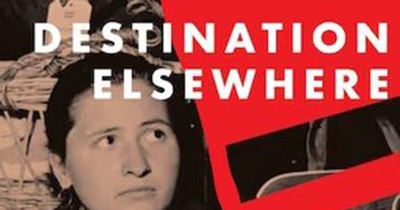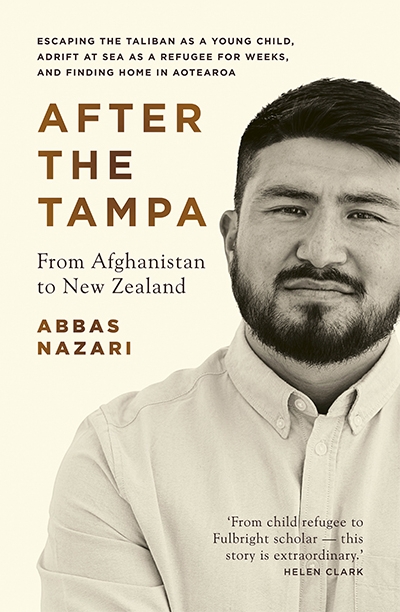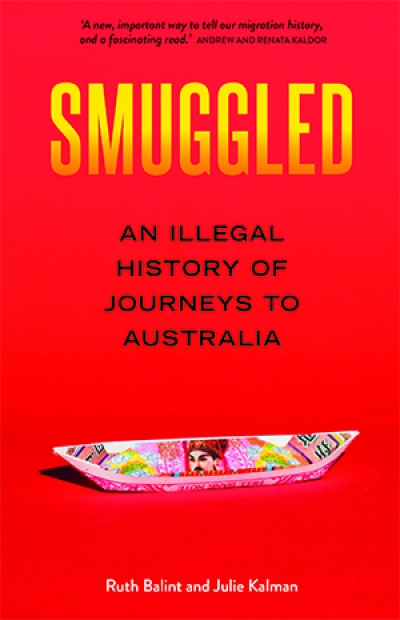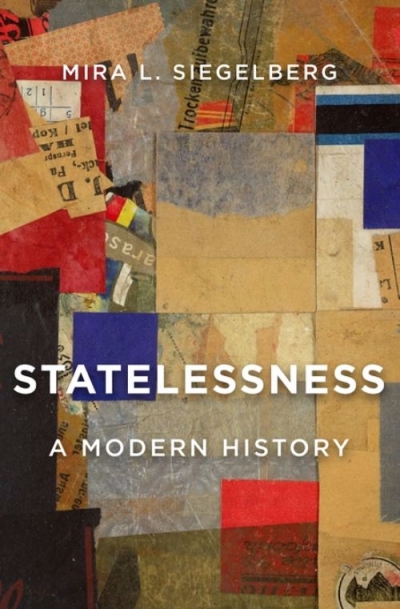Ruth Balint
Destination Elsewhere: Displaced persons and their quest to leave postwar Europe by Ruth Balint
by Ebony Nilsson •
After the Tampa: From Afghanistan to New Zealand by Abbas Nazari
by Ruth Balint •
Smuggled: An illegal history of journeys to Australia by Ruth Balint and Julie Kalman
by Elisabeth Holdsworth •




